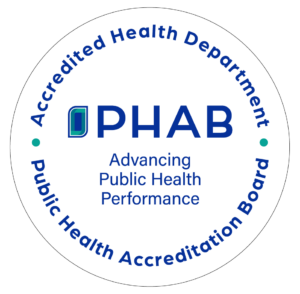Sexual and reproductive health is not just about physical well-being—it’s about safety, respect, education, and empowerment. Alarming new data shows that more young people are experiencing sexual violence, underlining an urgent need for comprehensive, age-appropriate interventions.
Key Findings That Demand Attention
Recent survey results reveal a disturbing trend. Among 9th and 11th graders, reports of sexual violence have increased significantly—from nearly 10% (1 in 10) in 2016 to 13.5% (1 in 7) in 2022. Even more concerning is the shift among 8th graders, whose self-reported experiences of sexual violence nearly doubled—from 4.4% (1 in 23) in 2016 to 8% (1 in 13) in 2022.
This isn’t isolated to one area. The increase was reported across every region of Greater Minnesota and the Twin Cities Metro Area, indicating a systemic issue that transcends geography.
Understanding the Broader Impact
Sexual violence during formative school years can have long-lasting consequences on a young person’s life. It can impact:
- Mental health, leading to anxiety, depression, or PTSD
- Academic performance, as students struggle to focus or feel safe in school
- Relationships and trust, affecting future interpersonal connections
- Sexual and reproductive health, increasing the risk of STIs or unintended pregnancies due to trauma-related behaviors
When students do not feel safe, their ability to grow, learn, and thrive is compromised.
What Can You Do?
While systemic change is vital, individual actions matter—and that includes adults, caregivers, and young people themselves. Here’s how each of us can help create safer environments and respond to the growing concerns around sexual violence.
For Adults and Community Members:
- Talk openly and early: Start honest, age-appropriate conversations with kids about consent, personal boundaries, and healthy relationships. Keep these conversations ongoing—not just one-time talks.
- Listen without judgment: If a young person shares something uncomfortable or troubling, believe them. Validate their feelings and offer support without pressure or blame.
- Learn the signs: Educate yourself on the warning signs of sexual violence and trauma. Awareness can help you recognize when a young person may be in trouble.
- Model respect and empathy: Show what it means to treat others with kindness and dignity—in how you communicate, resolve conflict, and handle mistakes.
- Challenge harmful behavior: Speak up when you hear jokes, language, or actions that degrade others or normalize violence. Change starts with accountability.
- Support safe spaces: Encourage youth participation in clubs, sports, and community programs that build confidence, connection, and safety.
- Share resources: Make sure young people know where to turn for help—whether it’s a trusted adult, a school counselor, or a helpline.
For Kids and Teens:
- Know your boundaries: It’s okay to say no to any touch or situation that makes you uncomfortable—even with people you know and trust.
- Speak up: If something doesn’t feel right, talk to an adult you trust. You deserve to feel safe, and there are people who want to help you.
- Use the buddy system: When going to social events or unfamiliar places, try to stay with friends you trust and look out for each other.
- Be cautious online: Think before sharing personal information or photos. Don’t accept messages or friend requests from people you don’t know.
- Trust your instincts: If a person or situation feels wrong, it probably is. It’s okay to remove yourself or ask for help—your safety matters.
- Know your rights: You have the right to say no, to be respected, and to ask for help if you ever feel unsafe.
A Shared Responsibility
Every one of us—young and old—has a part to play in creating a safer, more respectful world. When we speak honestly, act compassionately, and stand up for one another, we help protect not just ourselves, but our entire community.
Let’s work together to ensure every child grows up in a community where they are heard, protected, and supported—because our youth deserve nothing less.
MMS CHS Meeker McLeod Sibley Public Health
Be Smart. Be Prepared. Be Protected.
